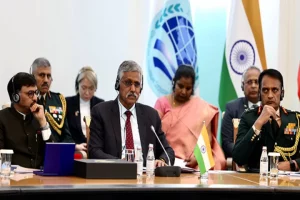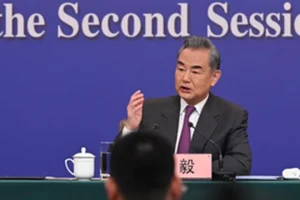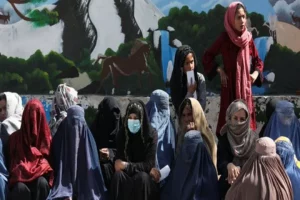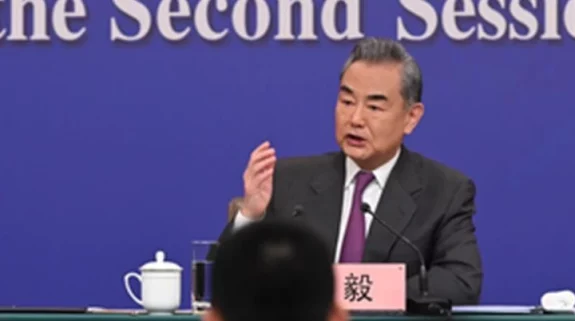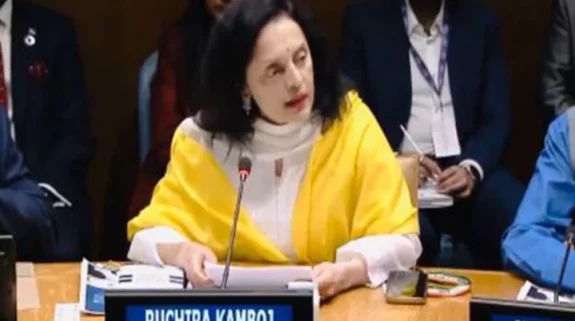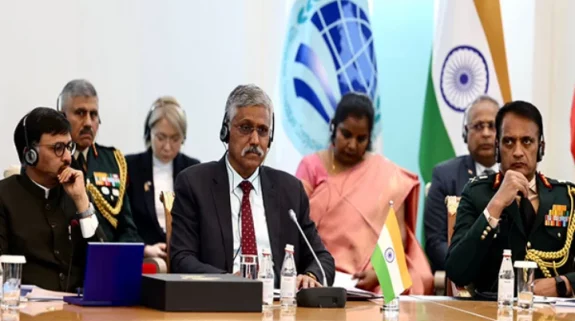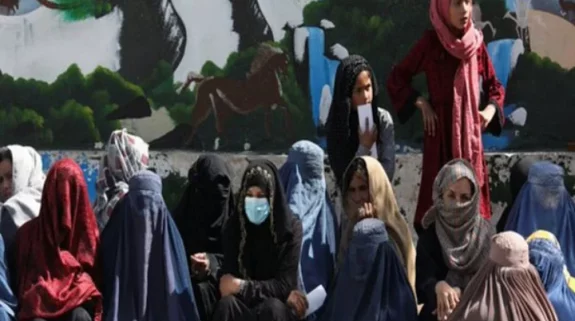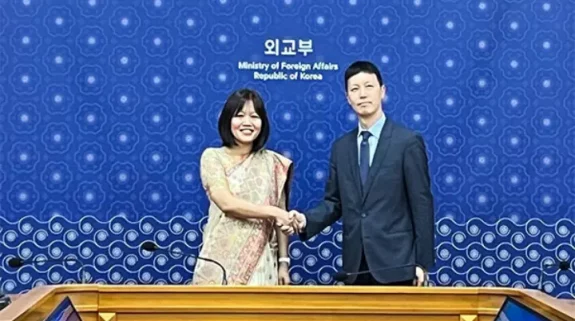Nineteen months after the Centre fulfilled the demand of the people of the Ladakh region, separating the Leh and Kargil districts from Jammu and Kashmir and granting the region the status of an independent Union Territory, a representative body from Leh has proposed a Sikkim-type Legislature for the UT.
The Centre has been holding talks with the Ladakh panel over demands like a Bodoland Territorial Council (BTC) which the people in the Buddhist-dominated Leh district believe would protect their culture, language and tribal rights. Created in 2003 under the 6th Schedule of the Constitution of India, BTC administers independently East Assam’s four tribal districts of Kokrajhar, Udalguri, Baksa and Chirang. The Governor acts as its constitutional head.
In September 2020, all the political parties, including the BJP, had decided to boycott the local elections for Ladakah Autonomous Hill Development Council (Leh), pressing their demand for a BDC-type institution. However, they suspended their agitation and participated in the elections after the Union Ministry of Home Affairs assured them a ‘fair deal’ and constituted a panel for carrying on a structured dialogue with the Ladakh representatives.
In a significant development the Ladakh panel has now incorporated the demand for a Sikkim-type 30-seat Assembly for the UT. It has also proposed replacement of the existing Domicile Certificate with a document like the erstwhile Permanent Resident Certificate, also known as the State Subject Certificate, for the aboriginals guaranteeing them jobs and proprietary rights over land. A draft prepared by the Apex Committee, according to highly placed official sources, is now being submitted for consideration of the MHA panel.
Senior Buddhist leader and a two-time MP in the past, Thustan Chhewang has confirmed incorporation of the fresh demand of Sikkim-type Assembly which according to him was much congruent to Ladakh.
“If Sikkim can be granted the Legislature, why can’t Ladakh? Moreover, we are part of very sensitive region having boundaries with China and Pakistan. The demand of Legislature is in addition to our Sixth Schedule status demand which also remains our foremost concern,’’ Chhewang has reportedly told a local newspaper.
The Apex Committee of Ladakh comprising different political, social and religious organizations from Leh, which does not include representatives or aspirations from the Muslim-dominated district of Kargil, has rejected the offer for grant of Domicile-like certificates to the people on the pattern of the UT of Jammu and Kashmir. In the J&K UT, a Domicile certificate gives right of government jobs and immovable properties to particular categories of the residents including those who have permanently lived in J&K for more than 15 years.
Instead, according to sources, the Apex Committee has demanded either restoration of State Subject Certificate, which existed in the erstwhile Jammu and Kashmir State, of which Ladakh was a sub division, or a State Subject-like document which would be given only to the original residents of Ladakh for facilitating their recruitment into jobs and purchase of land.
There has been no regular recruitment in the Government departments in Ladakh in the last 19 months in absence of Recruitment Rules and document in support of resident of Ladakh. It has generated resentment among the people especially the unemployed educated youth. The issue has been taken up by the Chairpersons of Autonomous Hill Development Councils of Leh and Kargil with Lieutenant Governor Radha Krishna Mathur and the Central Government representatives as work was also suffering in the absence of fresh recruitment in the UT.
The fresh demand for Sikkim-type Legislature, according to sources, has been raised by the Apex Committee on the pattern of Sikkim which has 30-member Assembly with slightly higher population than Ladakh but the UT’s area and topography is larger. However, Ladakh had only four seats in the Legislative Assembly of erstwhile State of Jammu and Kashmir and just one Lok Sabha seat for both Leh and Kargil districts. The Autonomous Hill Development Councils separately in Leh and Kargil have 26 elected and four nominated members each.
The Apex Committee, according to sources, would also raise the demand of AGMUT cadre for the middle-ranking and senior officers of the All India Services working in Ladakh even as the demand of Ladakh Civil Services was also being deliberated upon. Currently, the J&K UT, as per advice of the MHA, is sending some of its IAS, IPS and JKAS officers on deputation to the UT of Ladakh. Apart from All India Services officers, a number of Jammu and Kashmir Administrative Services, Jammu and Kashmir Police Services and other officers from J&K are also posted on deputation to Ladakh.
On Sixth Schedule, sources said, the Apex Committee would insist on grant of Sixth Schedule status to the UT but will not be rigid if the Government of India comes out with Sixth Schedule-like status proposal. “Once the draft of demands by the Apex Committee is finalized, it will seek a meeting with Union Minister of State for Home GK Reddy for discussions,’’ sources said.







